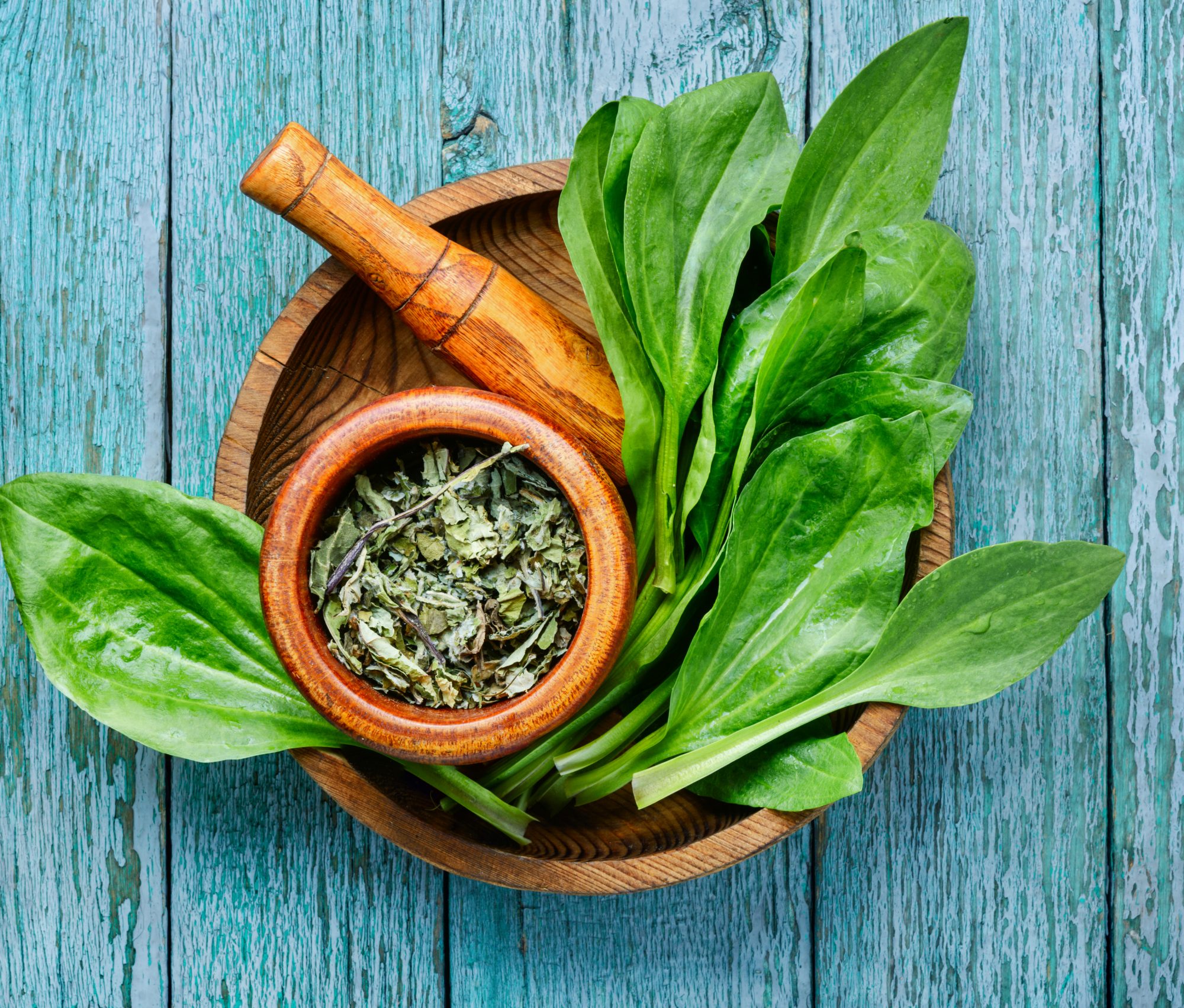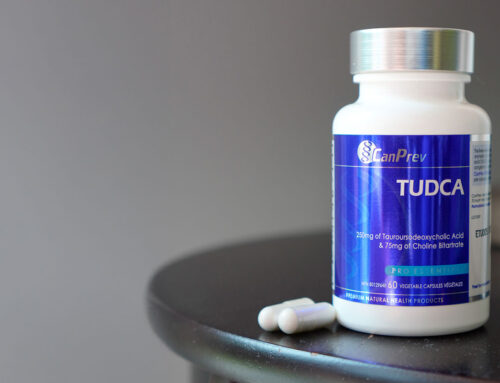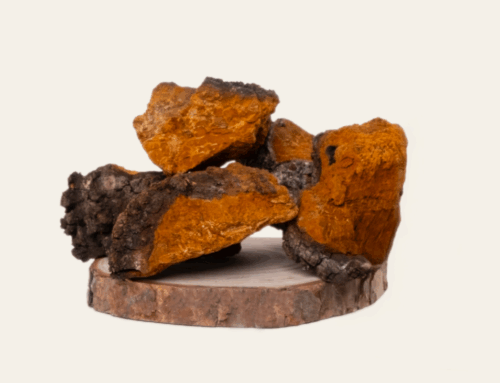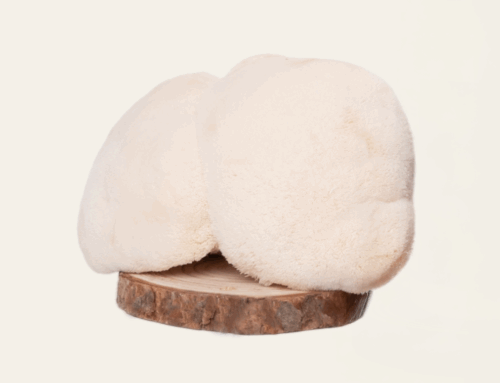The perfect herbal remedies for your healthiest spring yet
Spring is just around the corner, and for most of us, it couldn’t come soon enough. Though winter has its charms, namely the cozy evenings by the fireplace and hikes in the snow-covered forest, the short days and blizzards can sure get to us after a while. When spring finally comes, we start to feel alive again. But here’s the thing: as much as we love spring, it’s also a season that can spark its own set of health issues. Read on to find out which health concerns are most common in the spring, and which herbal remedies you can turn to for your healthiest, happiest spring yet.
Spring detox
There’s no better time than spring to kick-start a gentle body cleanse. After the long winter months spent inside, usually exercising less (hello, Netflix!), and indulging in yummy comfort foods like casseroles and roasts, common spring concerns include feelings of fatigue and sluggishness. Other symptoms like sneaky weight gain and brain fog also signal you might benefit from a healthy spring detox.
Start your cleanse by kicking your daily coffee habit and cutting back on sweets, alcohol, and junk foods. Swap your usual beverages for fresh juices, superfood smoothies, and warm tonics like golden milk or matcha. Food-wise, up your intake of fibre and colourful plant foods like antioxidant-rich berries and dark leafy greens.
For herbal support, try dandelion. The whole plant supports a healthy spring detox. Use the leaves as a salad green or steeped as tea to stimulate the gallbladder, support digestion, and for better liver and kidney health. Use dandelion root to clear liver toxins and banish bloat.
Seasonal allergies
Flower buds and blooming greenery are a sight most of us look forward to—but if you’re one of those who suffers from seasonal allergies, spring equals weeks of constant sneezing and sniffling. Allergic rhinitis, also known as hay fever, brings unpleasant cold-like symptoms such as nasal congestion, runny nose, itchy eyes, and coughing.
Tree pollen is a usual culprit when it comes to seasonal allergies, and common advice to kick hay fever symptoms includes staying indoors with windows closed (sounds like fun?). That’s where herbal remedies come to the rescue. To relieve seasonal allergy symptoms, try nettle. Use it as a tea, tincture, in capsules, or even fresh and whipped up in a tasty batch of wild nettle pesto.
Nettle acts as a general tonic to naturally increase the body’s resistance to allergy, while also lowering inflammation and curbing the release of histamine.
Spring blues
Yes, even though we tend to associate seasonal affective disorder with the cold, dark winter months, spring too can trigger a set of difficult emotions for those of us who have depression and anxiety. Experts blame a few factors when it comes to the spring blues: hormonal shifts, melatonin imbalance, and even inflammation-causing seasonal allergies might be involved in bringing you down.
To kick mild spring blues symptoms, your self-care action plan includes upping physical exercise to trigger a flow of feel-good endorphins. Herb-wise, you can turn to St John’s Wort. Herbal remedies made from the sunny, bright yellow flower can alleviate symptoms of mild depression, especially when combined with light therapy.
Skin woes
Taking off the winter layers and stepping out into the world post-winter lull means your skin is more exposed to the elements during the spring. Common skin ailments at that time of year include sunburn, mosquito bites, brushes with poison ivy, and the occasional nettle sting. What’s more, since your skin hasn’t seen the sun in a while, you can be more prone to a sun rash on your arms and face. Cue the red, inflamed, and itchy skin that makes you wish for just one more snowstorm.
But, as with most things, there’s a herb for that: plantain. The common weed that pokes its head in the springtime also happens to be the ultimate skin saviour. Use it as a salve and apply it over the skin whenever needed for instant relief from inflammation and itch.
Lyme time
The return of warm weather can bring anxiety for those of us concerned about Lyme Disease. After all, fun outdoor activities like camping and hiking can up your risk of tick bites. Though there is no guaranteed way to guard against Lyme Disease (besides, maybe, avoiding the woods at all cost!), anyone who wants to curb their risk of getting sick can focus on boosting their immune system.
This spring, try reishi mushroom as an adaptogen to support immune function. Use it as a herbal tea, tincture, in capsules, or even in powder form added to smoothies and hot chocolate for a tasty, immune-boosting treat.







Leave A Comment